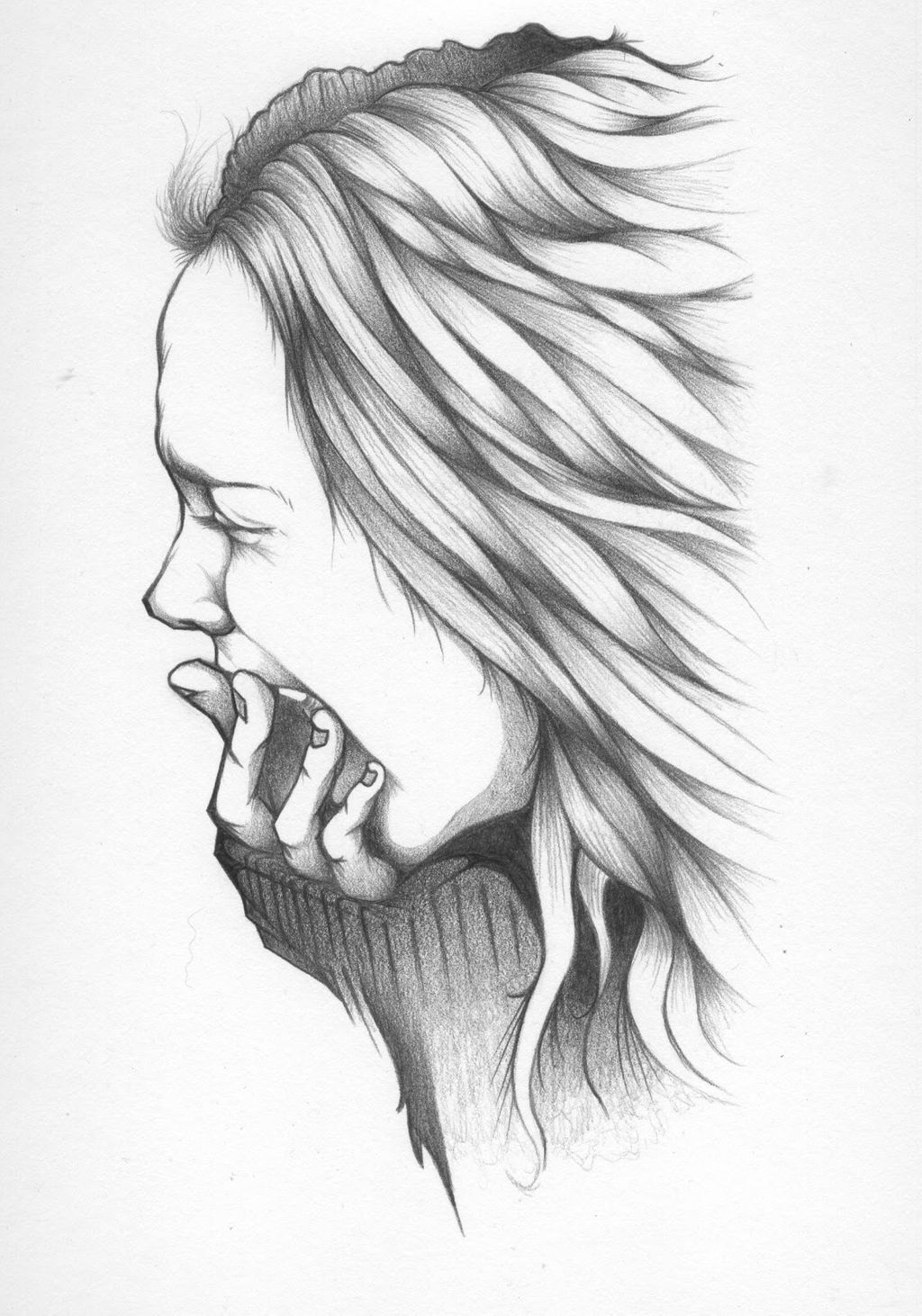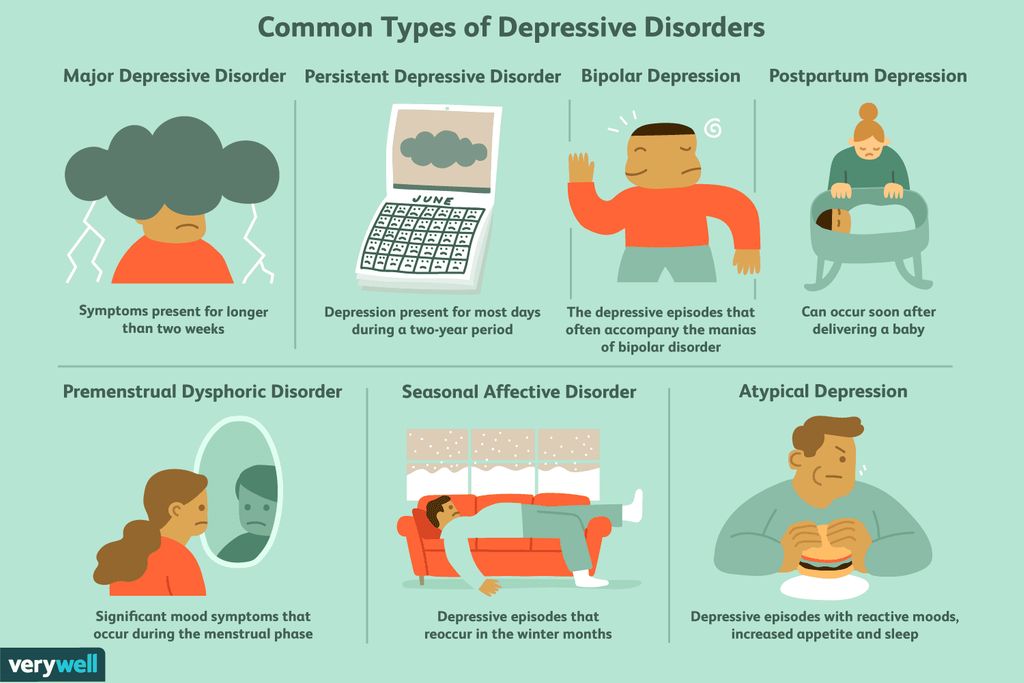Depression; A Disorder, Not A Disease
Jun 19, 2019 • 13 views
"Staring into the dark abyss, she thought to herself why not jump?,
Why look around and starve?
Little does she know that she can't choose that corner for herself,
And heaven isn't the only door she can't open.
She talks to the lady in her dream who has visited the unvisited
But all she describes them; as pure ash,
Filled with all black substances just waiting to be drowned some day.
she gets scared and asks if dreams can get any better than this,
Little does she know, the dream is a sweet escape from the true black, ashed out Earth."

Why Depression? Why not insanity? Why not death? The thoughts of depression runs along these questions. Some take it as an obstuction to a happy and successful life, while some make peace with it's presence. Some learn to deal with it while some just learn to blame something or someone for it's presence. However, some believe it to be a choice. A choice to cure boredom? I believe it's funny people would inflict such pain onto themselves merely to pass their time.
Depression is never a choice, it's a condition that humans are stranded in with not much to say or do.
To explain further, depression is not a disease, it is a disorder.
Depression is a mood disorder that causes a persistent feeling of sadness and loss of interest. Also called major depressive disorder or clinical depression, it affects how you feel, think and behave and can lead to a variety of emotional and physical problems. You may have trouble doing normal day-to-day activities, and sometimes you may feel as if life isn't worth living. More than just a bout of the blues, depression isn't a weakness and you can't simply "snap out" of it. Depression may require long-term treatment.
These disorders are further classified into several parts that define depression as a whole:

1)Persistent Depressive Disorder - As persistent suggests, this disorder refers to a prolonged depression, that is, one that continues for a long period of time. This sort of feeling lasts for years and may significantly intervene with relationships and career.
2)Bipolar Disorder-This is a mood disorder characterized by periods of abnormally elevated mood known as "mania". These periods of moods can either be mild or can be so extreme as to cause marked impairment with a person's life, require hospitalization, or affect a person's sense of reality. The vast majority of those with bipolar illness also have episodes of major depression.
3)Postpartum Depression -This sort of disorder takes place with the emergence of significant hormonal shifts that can often affect a woman's moods and can thus, have its onset during pregnancy or following the birth of a child.
4)Premenstrual Dysphoric Disorder -It is a health problem that is similar to premenstrual syndrome (PMS) but is more serious. PMDD causes severe irritability, depression, or anxiety in the week or two before period starts. Symptoms usually go away two to three days after period starts but it should be taken care of with proper medication.
5)Seasonal Affective Disorder- SAD is believed to be triggered by a disturbance in the normal daily cycle in the rhythm of the body. Light entering through the eyes influences this rhythm, and any seasonal variation in night/day pattern can cause a disruption leading to depression.
6)Atypical Depression- Atypical depression is the most common subtype of depression. It is defined by the ability to feel better temporarily in response to a positive life event, excessive sleep, overeating, a feeling of heaviness in the limbs or a sensitivity to rejection.
These several types of illness rather define the state of depression being a disorder, and not a disease that can be cured by one's own will to be better. It is much more than just a mental illness and it clearly isn't a choice.
